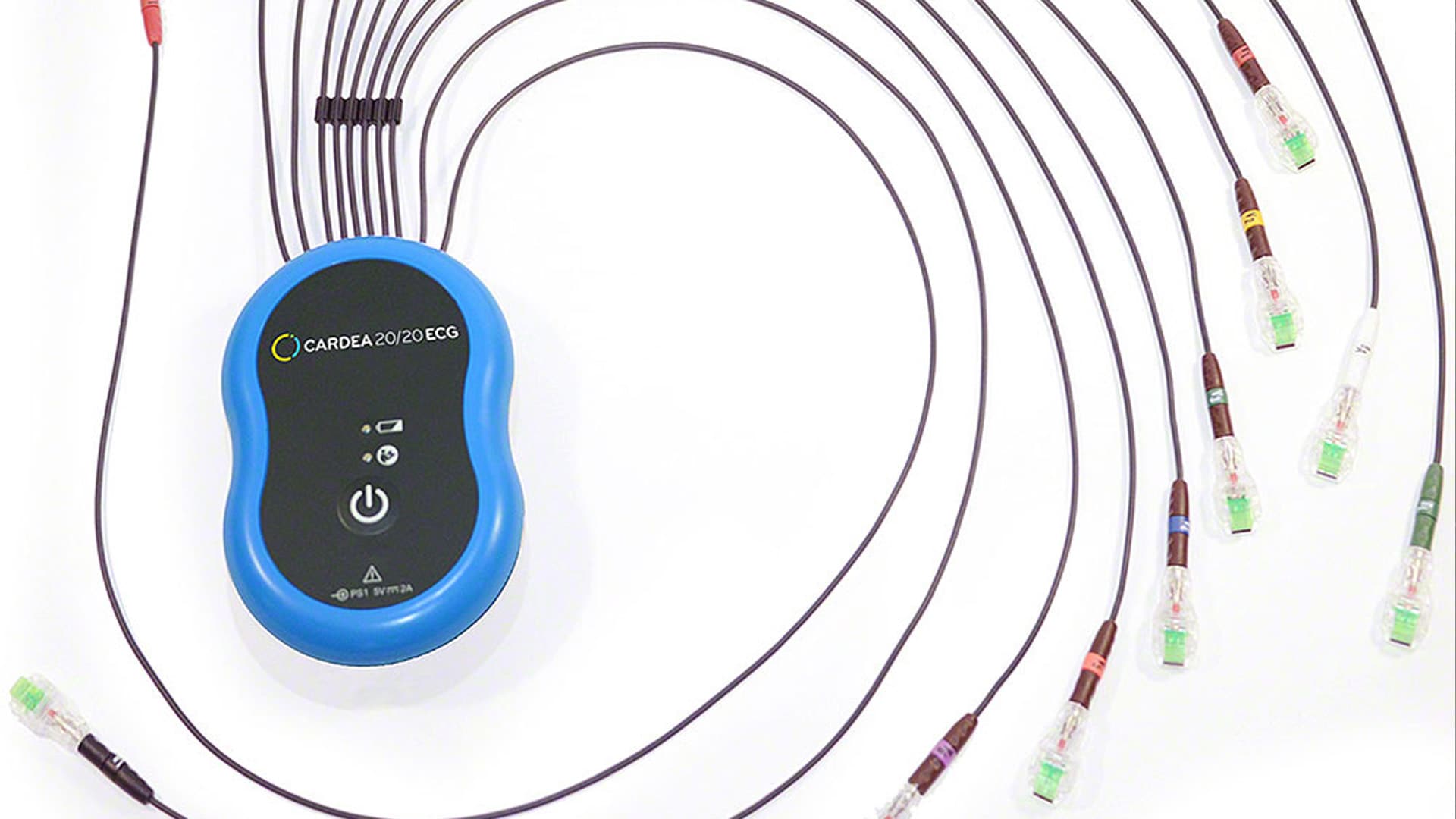When doctors outsource for test results, the “wait” begins for the provider and staff, as well as for the anxious patient. In many cases, the delay to get the results back is measured in days, but some types of outsourced tests can often take weeks. One of the most notable testing delays in the industry occurs in outsourced electrocardiogram (ECG) testing. Ambulatory ECG testing is prescribed in order to rule out abnormal cardiac rhythms in symptomatic or high-risk patients. As longer duration, multi-day prescription ambulatory ECG test recordings are being increasingly prescribed versus traditional, cabled 1- or 2-day Holter ECG recorders, this shift has led to increased IDTF technical analysis outsourcing to handle large amounts of ECG data.
Delays in getting outsourced ECG technical analysis results from IDTFs are increasing. This can lead to delayed follow-up appointments for patients, as well as logistics nightmares for clinical staff. Given the average wait for a new patient seeking an appointment with a cardiologist in a major metropolitan area is 21.1 days,1 outsourcing ECGs can prolong overall time to patient diagnosis and treatment.
Doctors and patients are looking for faster results, which makes a completely in-office ECG data analysis system ideal for cardiologists, primary care and other specialty prescribers.
ECG Technology Innovation for Point-of-Patient-Care Diagnosis
Thanks to biosensor technology innovation, long term cardiac arrhythmia detection is now more often obtained via unobtrusive, prescription ECG wearable sensors or ‘patches.’ The patient can go about their everyday life as a chest-worn device records their ECG signal, other biometrics and marks when patient symptoms occur. While this concept is not new to the industry, neither are the accompanying delays doctors and patients now have to deal with to get the ECG test results back.
Cardiac Insight, a U.S. digital health company specializing in ECG signal processing and diagnostics, has the answer that patients and doctors are looking for with Cardea SOLO™, a wearable ECG system complete with proprietary PC-based Analysis Software that enables automated in-office ECG analysis. Draft reports are available to doctors in minutes, not days or weeks.
Integrating Cardea SOLO into clinical practice is simple. The lightweight, disposable, high-fidelity ECG Sensor is placed on the patient to wear comfortably throughout normal daily activity for 7 days until their follow-up visit. At that visit, the SOLO Sensor is removed from the patient, and its data module is inserted into a smart cable. This will connect it to an office PC and the data is uploaded into the software system. The doctor can then view, edit and confirm the comprehensive patient report in minutes, with complete access to high-end full disclosure ECG data and analytics, accelerating the time to diagnose and treat the patient.
Clinical, Operational and Financial Benefits
This unparalleled access to patient data gives doctors the opportunity to provide immediate ECG data confirmation for diagnostic decision-making–something that is not possible when ECG testing is outsourced. The completely 100% in-office clinical workflow also enables medical practices to utilize global CPT code billing, returning not only improved efficiency but increased economic value back to the physician practice.
In addition to global procedural billing, when using Cardea SOLO, there is no investment in capital equipment, no enrollment process or inventory management that is required, saving the practice additional time and money. Instead of outsourcing, Cardea SOLO offers an “insourcing” practice solution that can grow a practice’s revenues and improve care quality through timely patient diagnosis and treatment.
Learn more about Cardea SOLO and how it can benefit your practice and your patients.




